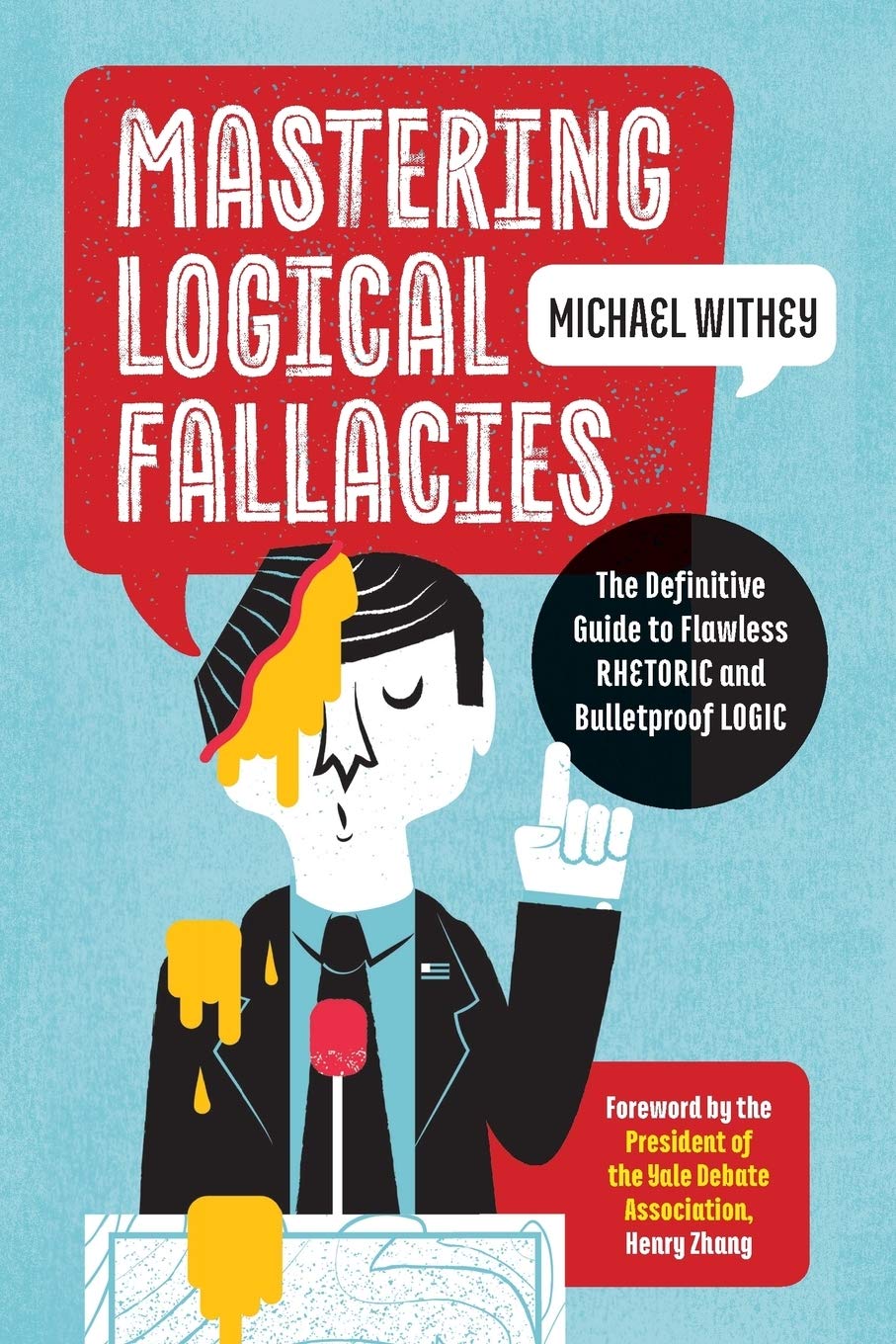
Appeal to Nature
The fallacy of appeal to nature refers to the argument that just because something is natural that it is therefore valid, justified, or inevitable.
Example of Appeal to Nature
- "John was well within his rights to avenge his wife after he witnessed her being brutally murdered. Killing the murderer was the natural response."
- Product packaging that claims 'natural' ingredients is an appeal to nature fallacy. There are many naturally occurring poisons which would be harmful if ingested.

Books About Logical Fallacies
A few books to help you get a real handle on logical fallacies.





Appeal to NatureExtended Explanation
The Appeal to Nature fallacy is a logical fallacy that involves the assumption that something is good or desirable because it is natural. This fallacy is based on the false premise that something that is natural is automatically better or preferable than something that is artificial, synthetic, or man-made. This form of argumentation is often used in marketing and advertising, where a product is promoted as being “all natural”, “organic”, or “sustainable”, in order to make it appear more desirable or of higher quality than similar products which are not natural.
The Appeal to Nature fallacy is often seen in ethical and political debates, where one side argues that a certain course of action is desirable because it is “natural”, while the other side argues that the action is undesirable because it is “unnatural”. This type of argumentation ignores the actual facts and evidence related to the issue, and instead relies on an emotional appeal to the idea of nature being inherently good or desirable.
This fallacy is also seen in debates about health and nutrition, where products that are “all natural” and “organic” are assumed to be healthier and more beneficial than those that are not. However, this assumption ignores the fact that many natural substances can be harmful, such as certain plants and animals, and that some synthetic or artificial substances can be beneficial. Furthermore, just because something is natural does not necessarily mean that it is safe or beneficial; for example, arsenic is a naturally occurring substance, but it is also highly toxic.
In conclusion, the Appeal to Nature fallacy is an illogical form of argumentation that relies on the false assumption that natural things are always better than artificial, synthetic, or man-made things. This type of argumentation ignores the actual facts and evidence related to the issue, and instead relies on an emotional appeal to the idea of nature being inherently good or desirable. Therefore, it is important to recognize this fallacy and avoid using it when debating or discussing an issue or making a decision.